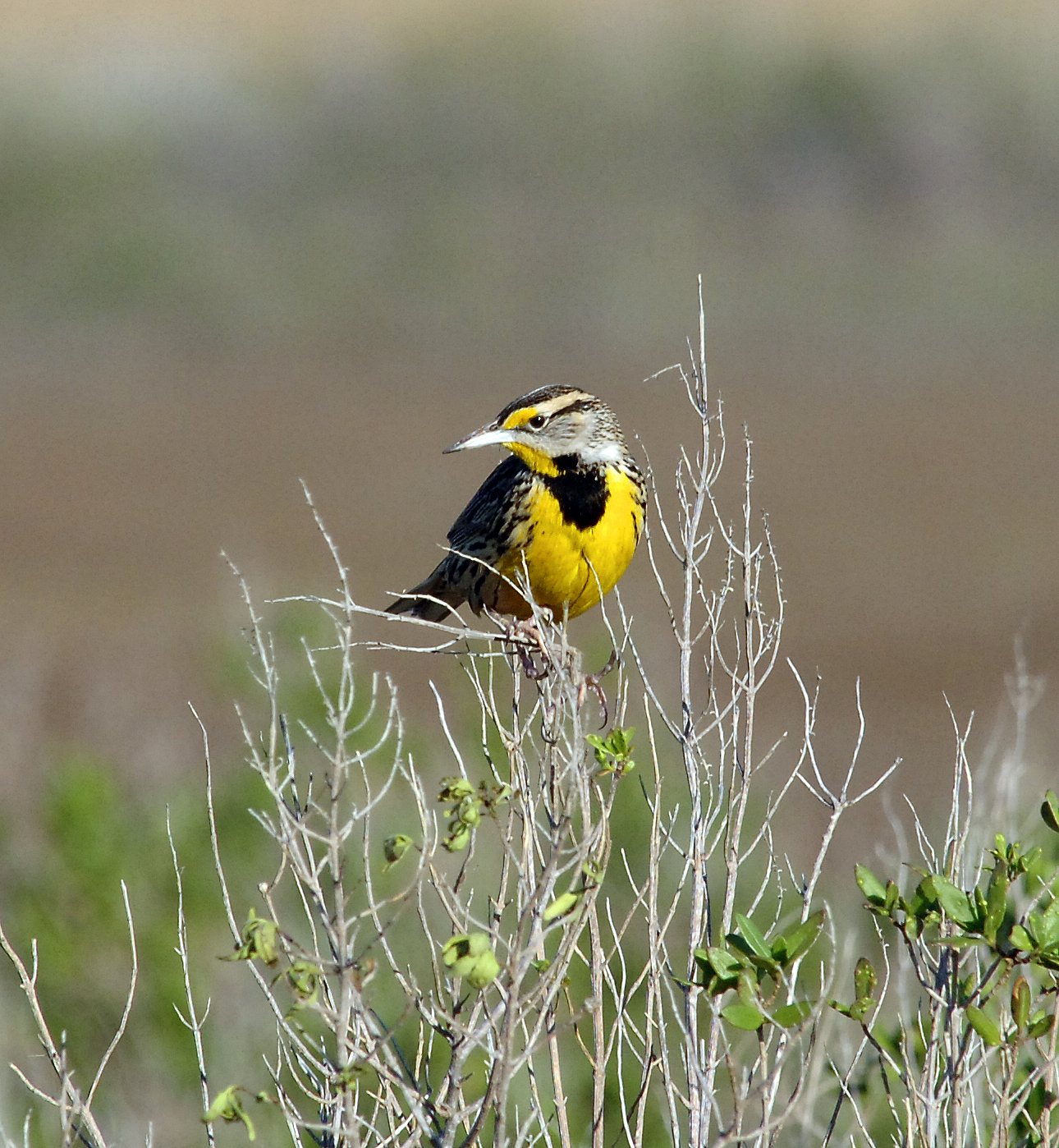You are viewing
ARCHIVED content published online before January 20, 2025.
Please note that this content is
NOT UPDATED, and links may not work. For current information,
visit
https://www.nps.gov/aboutus/news/index.htm.
News Release Date: January 1, 2010
Contact: 26.024520874023437,-97.46247863769531, <P>When they arrived at the Palo Alto Battlefield near midday on May 8, 1846, soldiers noted that the music of birds filled the air. But the peaceful natural sound was soon overwhelmed by martial music and blasts from cannon sent startled birds fleeing for more peaceful surroundings.</P>
<P>Today, 164 years after the battle, it is the birds that remain on the site. And, as part of the Audubon Society’s 110 annual Christmas Bird Count, Palo Alto Battlefield NHP has a glimpse of which birds are currently in the park.</P>
<P>The survey, conducted on December 26, 2009, identified 16 different bird species within the park boundaries. These included:</P>
<P>
<TABLE border=1 cellSpacing=2 summary="Table Summary" cellPadding=2 width="100%">
<TBODY>
<TR>
<TD>Northern Bobwhite 6 sighted</TD>
<TD> White-tailed Hawk 1 sighted</TD></TR>
<TR>
<TD> American Kestrel 1 sighted</TD>
<TD> Northern Mockingbird 6 sighted</TD></TR>
<TR>
<TD> Eurasian Collared-Dove 1 sighted</TD>
<TD> Yellow-rumped (Myrtle) Warbler 1 sighted</TD></TR>
<TR>
<TD> Belted Kingfisher 1 sighted</TD>
<TD> Savannah Sparrow 11 sighted</TD></TR>
<TR>
<TD> Golden-fronted Woodpecker 1 sighted</TD>
<TD> Grasshopper Sparrow 2 sighted</TD></TR>
<TR>
<TD> Eastern Phoebe 2 sighted</TD>
<TD> Eastern Meadowlark 8 sighted</TD></TR>
<TR>
<TD> Great Kiskadee 1 sighted</TD>
<TD> Meadowlark sp. 5 sighted</TD></TR>
<TR>
<TD> Loggerhead Shrike 2 sighted</TD>
<TD> Great-tailed Grackle 2 sighted</TD></TR></TBODY></TABLE></P>
<P>These birds represent only a small percentage of the species and numbers of birds at Palo Alto. While dozens of bird-watchers descended upon other sites around the Rio Grande Valley of Texas, the Palo Alto count was conducted by just two people: Rolando Garza, the park’s resource manager and Katherine Miller of Resaca de la Palma State Park. Although the two other them covered many different areas, they were not able to thoroughly cover the entire 3,400 acre site.</P>
<P>Previous surveys have revealed many additional bird species and bird-watchers who visit the park have added to the list. The park also expects to supplement the list of identified species by actively participating in future bird counts.</P>
When they arrived at the Palo Alto Battlefield near midday on May 8, 1846, soldiers noted that the music of birds filled the air. But the peaceful natural sound was soon overwhelmed by martial music and blasts from cannon sent startled birds fleeing for more peaceful surroundings.
Today, 164 years after the battle, it is the birds that remain on the site. And, as part of the Audubon Society's 110 annual Christmas Bird Count, Palo Alto Battlefield NHP has a glimpse of which birds are currently in the park.
The survey, conducted on December 26, 2009, identified 16 different bird species within the park boundaries. These included:
| Northern Bobwhite 6 sighted |
White-tailed Hawk 1 sighted |
| American Kestrel 1 sighted |
Northern Mockingbird 6 sighted |
| Eurasian Collared-Dove 1 sighted |
Yellow-rumped (Myrtle) Warbler 1 sighted |
| Belted Kingfisher 1 sighted |
Savannah Sparrow 11 sighted |
| Golden-fronted Woodpecker 1 sighted |
Grasshopper Sparrow 2 sighted |
| Eastern Phoebe 2 sighted |
Eastern Meadowlark 8 sighted |
| Great Kiskadee 1 sighted |
Meadowlark sp. 5 sighted |
| Loggerhead Shrike 2 sighted |
Great-tailed Grackle 2 sighted |
These birds represent only a small percentage of the species and numbers of birds at Palo Alto. While dozens of bird-watchers descended upon other sites around the Rio Grande Valley of Texas, the Palo Alto count was conducted by just two people: Rolando Garza, the park's resource manager and Katherine Miller of Resaca de la Palma State Park. Although the two other them covered many different areas, they were not able to thoroughly cover the entire 3,400 acre site.
Previous surveys have revealed many additional bird species and bird-watchers who visit the park have added to the list. The park also expects to supplement the list of identified species by actively participating in future bird counts.

